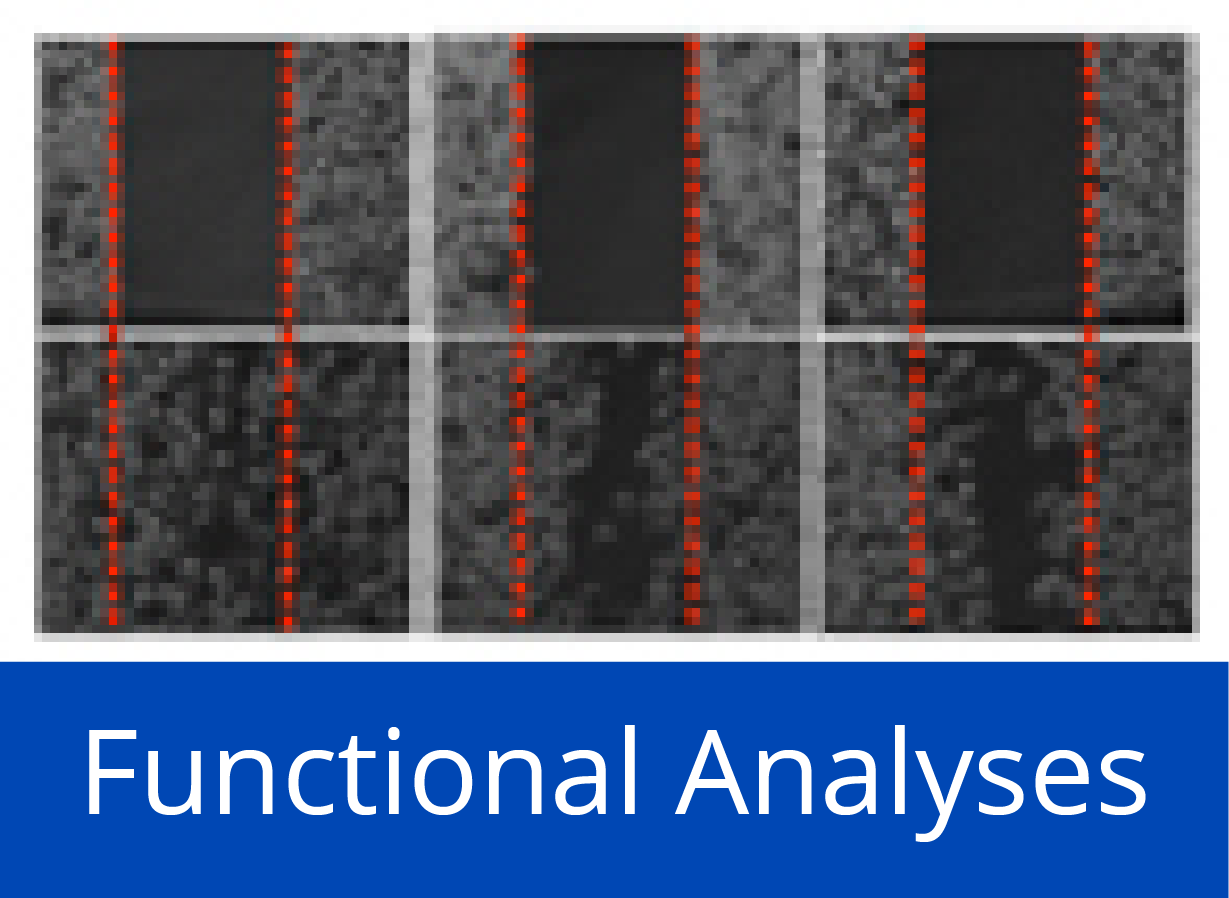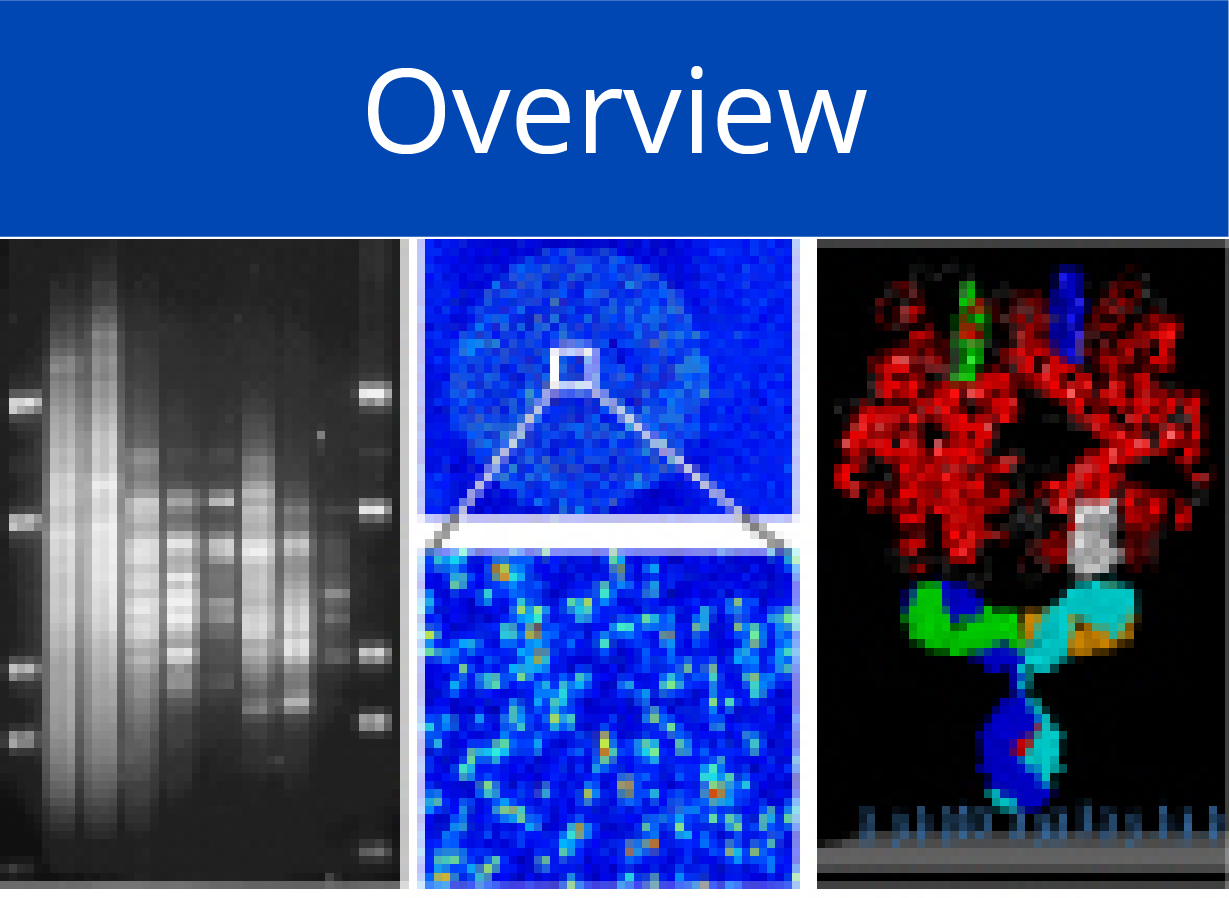CRISPR RNA-guided FokI nucleases repair a disease-causing variant in the PAH gene in a phenylketonuria model

Scheme of the process: one dimer of the FokI-dCas9 complex binds to two “half-sites” on the genome with a certain spacer length and generate double-strand breaks in the DNA. The double-strand breaks are then repaired by homology directed repair, introducing the non-mutated sequence provided as an oligonucleotide.
In a proof-of-concept study, we demonstrated the potential of an improved CRISPR/Cas9 system – the FokI-dCas9 system – for precision medicine, in particular for targeting phenylketonuria (PKU) and other monogenic metabolic diseases. The FokI-dCas9 system can greatly improve the specificity of genome editing. In contrast to the standard system, it requires dimerization of the FokI-dCas9-sgRNA complex, meaning that monomeric FokI-dCas9-sgRNA is unable to cut the DNA strand, thus reducing substantially the chances of contaminating off-target effects.
PKU is the most common inherited disease in amino acid metabolism. It leads to severe neurological and neuropsychological symptoms if untreated or late diagnosed. Correction of the disease-causing variants in the phenylalanine hydroxylase (PAH) gene could rescue residual activity and restore normal function. The CRISPR/Cas9 system is a recently developed genome editing technique. We applied a modification, which employs the fusion of inactive Cas9 (dCas9) and the FokI endonuclease (FokI-dCas9) to correct the most common variant (allele frequency 21.4%) in the PAH gene - c.1222C>T (p.Arg408Trp) - as an approach toward curing PKU. Co-expression of a single guide RNA plasmid, a FokI-dCas9-zsGreen1 plasmid, and the presence of a single-stranded oligodeoxynucleotide in PAH_c.1222C>T COS-7 cells – an in vitro model of PKU – corrected the PAH variant and restored PAH activity.
Publications:
Pan et al. (2016) Sci. Rep. 6, 35794. [PDF]






